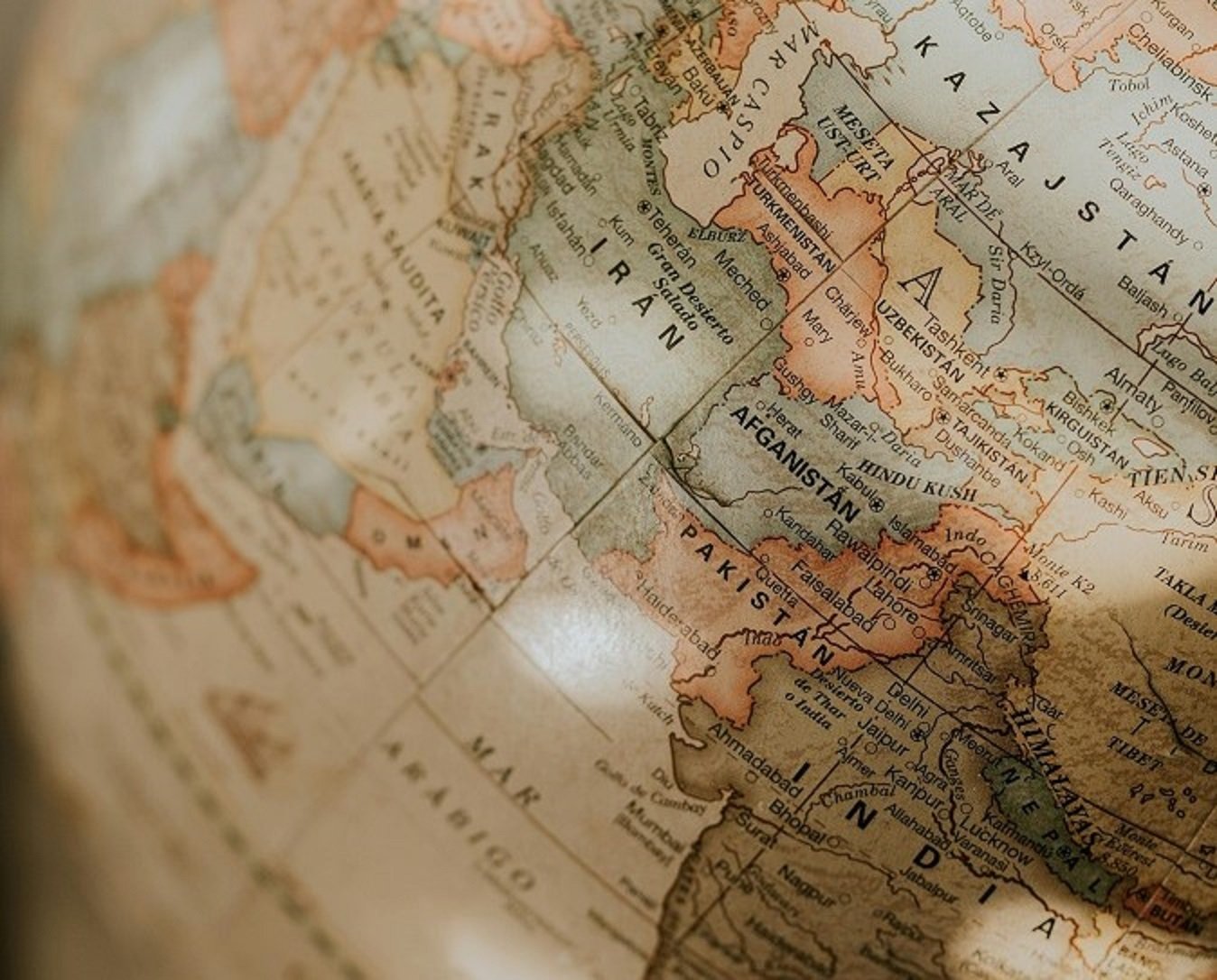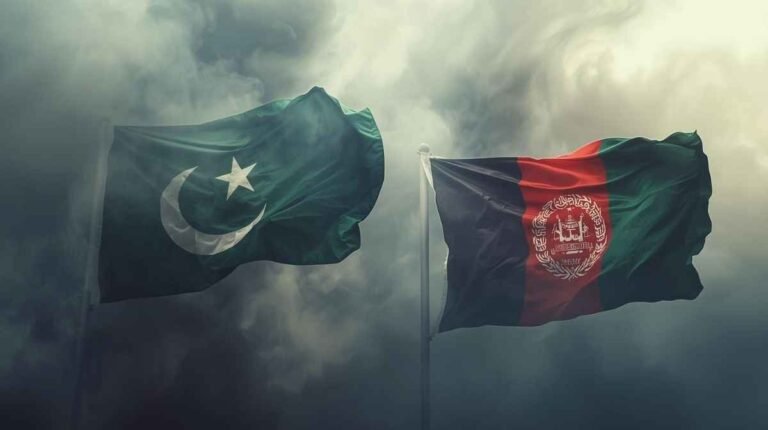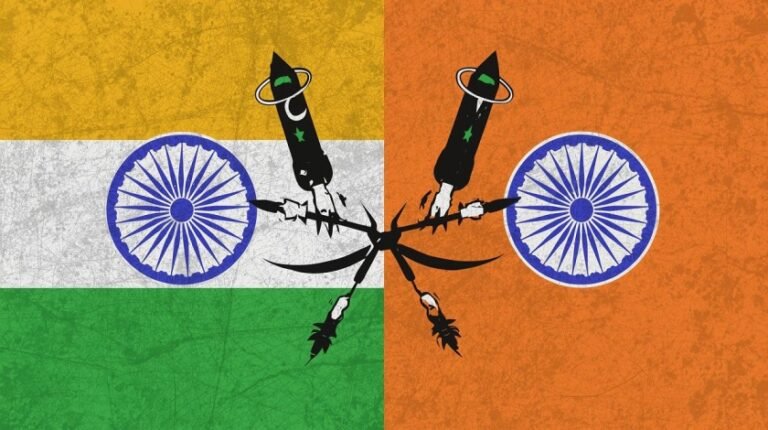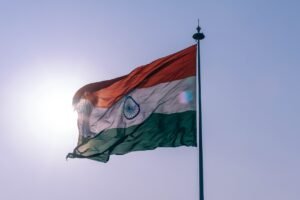Pakistan has suffered a lot due to the regional conflicts as an aftermath of Soviet Afghan War.
Today, the Western nations show an audacity to blame Pakistan for backing the militants against Soviet Union while they themselves once supported and funded them.
Was Pakistan’s Involvement in Soviet-Afghan War a Strategic Error? Well, this issue haunts many Pakistanis since they are blamed for supporting terrorism. However, the West has forgotten. Pakistan was involved in it by the Western nations, particularly, the United States of America. Pakistan was fighting an American war in the region. Later, it was blamed for the crimes of other coalition partners. So, was it a strategic error? Lets review some facts and we may get to a possible conclusion.
Pakistan – An Asian Tiger?
Pakistan is a nation of striking contrasts and exceptional promise. It has natural beauty, strategic strength and intellectual, all in harmony. With its breathtaking landscapes—from the snow-capped peaks of the Karakoram to the golden beaches of Gwadar—Pakistan is a hidden gem for global tourism. It offers adventure, history, and hospitality like no other. Its military, among the most battle-hardened and professional in the world, plays a key role in regional stability and global peacekeeping efforts. Equally impressive is the country’s reservoir of talent—engineers, doctors, scientists, and thinkers who continue to excel both at home and abroad. Pakistan is rich in heritage and forward in vision, stands tall as a country of strength, beauty, and boundless potential. Most interestingly, Pakistan was fastest growing economy in the region.
Long ago, the economists, researchers and western intellectuals would consider Pakistan an emerging Asian tiger. Interestingly, today it stands opposite to its journey. So, what happened?
Well, there are some historical facts. Pakistan was soon embroiled into regional conflicts. Often, these conflicts surrounded the international powers. More important is the fact that some countries played a decisive role in changing policies in Pakistan. So, how it happened?
Soviet Union and the United States – Bipolar World
Was Pakistan’s Involvement in Soviet-Afghan War a Strategic Error? As Pakistan gained independence from the United Kingdom on 14 August 1947, it was a bipolar world. There were two superpowers: the United States of America, and the Union of Soviet Socialist Republics. The USSR was just 16 kilometers from Pakistan, through the Wakhan Corridor. Wakhan Corridor is a narrow strip of land in Afghanistan which is roughly 350 kilometers long and 16 to 64 kilometers wide, which separates Pakistan from modern-day Tajikistan.
On the other hand, the USA was thousands of miles away from Pakistan, yet Pakistan’s diplomatic leaders decided to align with the Western bloc despite the advice of the founder of the nation to not to get involved in power politics. Our long-term rival adopted the policy of non-alignment while we took enmity with our superpower neighbor. It began when Prime Minister Muhammad Ali Bogra, and Foreign Minister Sir Ch. Muhammad Zafarullah Khan decided to become part of CENTO and SEATO in 1954 and 1955, respectively. Moreover, the trouble started when Pakistan provided its land and bases to Western powers in the infamous incident of the U-2 spy plane, which flew on May 1960, resulting in the capture of pilot Francis Gary, and the reaction of Nikita Khrushchev when he said if the incident repeats, he will drop a nuclear bomb on Peshawar and condemned the US actions.
Still, a bipolar world meant that the West needed Pakistan to play any monopolistic games in the region.
Pakistan India Conflicts
While Pakistan was looking at growing as an economic power. Its arch rival, India, focused on becoming a regional power. Pakistan had limited options in terms of staying away from a conflict. Soon after independence, Pakistan and India were at war with each other. In fact, the first ever war began within the first year of their independence. India wanted to take over Kashmir by force. Pakistan wanted to follow the will of the people. A war broke out between India and Pakistan which was stopped by the United Nations.
Later on, the 1965 war between India and Pakistan changed its focus from economy to defense. In 1971, USSR sided with India and cut off East Pakistan into becoming Bangladesh. India stands a foe even today. The recent Indian overreaction on Pahalgam attack is an example.
Pakistan’s US Partnership
By siding with the United States, Pakistan essentially allowed itself to become the frontline state in a Cold War conflict. USSR attacked Afghanistan in 1979, Pakistan was at the front end to face off a superpower at doorstep. Although, some historians claim that USSR never entered to invade Afghanistan. They claim the then Afghanistan government’s request to support the communist government. Well, let’s not get into that mess. However, the Pakistanis were told that USSR wanted to reach to the warm and navigable waters of Pakistan. Considering it as a threat to our existence, we started a war against the Red Army. Resultantly, the CIA funded a religiously motivated war through Taliban using Islamic literature. It focused on the youth to convince them to fight the infidels. The weapons were provided by the United States and the ordinary men and women were fighting the Jihad. It was all on assumptions.
Resultantly, Pakistan fought a war for ten years. Instead of focusing on cordial relations with Soviet Union similar to our Chinese relationship; the leadership focused on animosity and a war with a global superpower. Resultantly, Pakistan became a battleground for proxy warfare.
While Pakistan received significant military and economic aid from the U.S., including F-16 fighter jets and billions in assistance, these were short-term benefits. The American support was transactional and temporary. Once the Soviets withdrew from Afghanistan in 1989, U.S. interest in the region waned dramatically, and Pakistan was left to deal with the aftermath of a war it had helped fuel. Worse, U.S. sanctions followed in the 1990s under the Pressler Amendment; further isolating Pakistan.
US War on Terror
Pakistan is an unannounced victim of the Global War on Terror. As United States decided to attack Afghanistan in October 2001, Pakistan had limited choice to look anywhere. It had created a lone powerful creature, a sole superpower, through its participation in the Soviet War. Thus, the United States was threatening Pakistan this time. As Pakistan embarked to join the US forces in the War against Terrorism. Its own territory became a battlefield. The same militants began to question supporting an infidel country against an Islamic nation. Some would even term it as the beginning of Ghazwa-e-Hind.
One of the most damaging consequences of Pakistan’s involvement was the rise of radical Islamist militancy. The war was framed in religious terms, and madrasas across Pakistan—many funded by foreign donors during the Soviet War—became breeding grounds for extremism. The so-called “Afghan Jihad” glorified militancy and produced a generation of fighters who later formed or joined terrorist groups like the Taliban and Al-Qaeda. This created a long-term security nightmare that Pakistan continues to grapple with decades later.
Was Pakistan’s Involvement in Soviet-Afghan War Strategic Miscalculation?
Was Pakistan’s Involvement in Soviet-Afghan War a Strategic Error? By participating in the anti-Soviet campaign, Pakistan not only antagonized a powerful neighbor—the USSR (and later Russia)—but also failed to pursue an independent foreign policy that prioritized regional stability. A neutral stance might have allowed Pakistan to mediate or influence events more constructively, rather than becoming an accessory to the ambitions of superpowers. Instead, Pakistan tied its fate to external actors with divergent long-term interests.
After the Soviet withdrawal, Afghanistan descended into civil war, culminating in the rise of the Taliban—an outcome that further complicated Pakistan’s regional and international standing. Instead of peace at its western border, Pakistan inherited a zone of conflict and chaos.
Pakistan’s military regime aligned itself with an international jihad for geopolitical gains, ignoring the human cost of the war. Millions of Afghan refugees poured into Pakistan, straining resources and infrastructure. More importantly, the decision to promote a religious war under military rule eroded Pakistan’s own secular and democratic foundations.
Pakistan’s alliance with the West during the Soviet-Afghan War was a strategic error driven by short-term calculations and the ambitions of military leadership. The long-term consequences—radicalization, internal instability, regional conflict, and strained international relations—have been devastating. In retrospect, a neutral or peace-promoting role would have served Pakistan’s national interest far better, preserving both its internal harmony and its international credibility.





